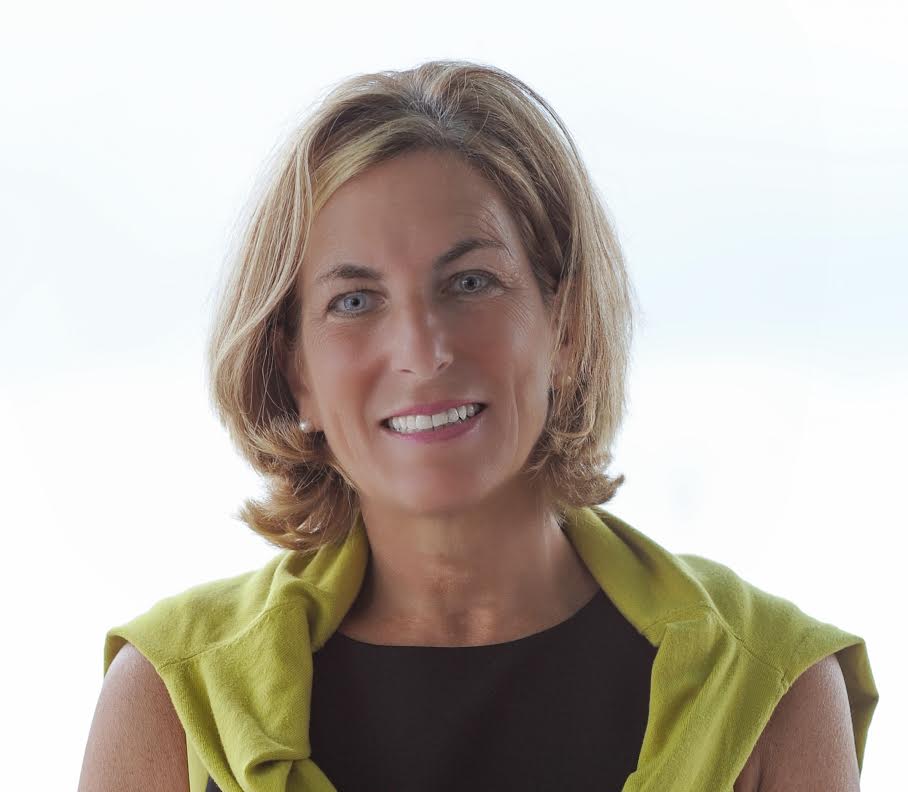Q. How long have you been at HealthyWomen, and what do you love most about your job?
A. I’ve been with HealthyWomen in several positions for more than 25 years—long enough to witness so much important and exciting progress in women’s health care—and long enough to realize how much more there is to accomplish. One of the things I love most about my job is how different it is day-to-day. Creating new partnerships and engaging with long-standing partners provides fresh and creative insight about how best to communicate health information to women ages 35+—our core audience. And, of course, I love hearing directly from women about the health challenges they face and the information that matters most to them. Our audience has a huge influence on how we develop and launch program initiatives. We understand that when it comes to how we share information, it cannot be a one-size-fits-all approach. With the ever-changing communications touchpoints available to consumers, our objective is always to ensure the information and resources we create are delivered through a multi-platform approach so that we can reach women in the way they want to receive health and wellness information today. Our audience is why HealthyWomen exists, and we are committed to evolving to meet her needs.
Q. What are the biggest challenges and opportunities facing HealthyWomen today?
A. One of our biggest challenges is staying on top of technology advances and consumer preferences for online engagement. Technology changes on a dime, and we are constantly reviewing and tracking consumer preferences for receiving health information and evolving to deliver it efficiently, but there is always more to learn and new ways to reach women. Encouraging women to prioritize their health is another challenge – and an opportunity for HealthyWomen. We know from our HealthiHer Movement that women need encouragement to put their health at the top of their lists – and not after everyone else’s needs. Another opportunity for HealthyWomen is supporting women as they navigate today’s complex health care system. It’s funny…when I first started at HealthyWomen, I regularly answered a toll-free number for the organization, and I described my job to friends and family as holding someone’s hand and guiding her to the answers and resources she needs. We are still doing that 25 years later!
Q. What HealthyWomen initiatives would you like to share with the Council?
A. We recently released findings from our WomenTalk® 2018 survey that highlighted many insurance-related obstacles women encounter when they try to access quality, affordable health care. With open enrollment just around the corner, we will be alerting women to be sure they understand their health insurance options and choose health insurance that best meets their needs—for preventive health services as well as for chronic health care needs.
HealthyWomen is also collaborating with the Legal Action Center to provide legislators with resources on opioid use disorder to help them confront the many complex issues—many of which are unique to women’s health—presented by the opioid epidemic. Our new online tool kit, “Resources for Strengthening Families and Communities by Improving Access to Treatment for Substance-Use Disorder,” is one example of this effort. We are working with Women In Government to reach as many legislators as possible. Of course, HealthyWomen works daily to engage women on a broad range of health topics.
Q. What does HealthyWomen value about membership in NCL’s Health Advisory Council?
A. I value NCL’s commitment to make the marketplace safer and healthier for consumers and workers, and the support the Health Advisory Council provides to NCL for consumer education and advocacy. It is important to HealthyWomen to collaborate with our partners—in industry, nonprofit organizations, health professional groups and government agencies—with similar interests. Collaboration broadens our outreach and strengthens our impact. I particularly value NCL’s Health Advisory Council’s effort to engage diverse perspectives on the many issues facing organizations like HealthyWomen as we work together to help women be informed about their health. I look forward to working together with all of NCL’s Health Advisory Council membership to improve women’s health.
















